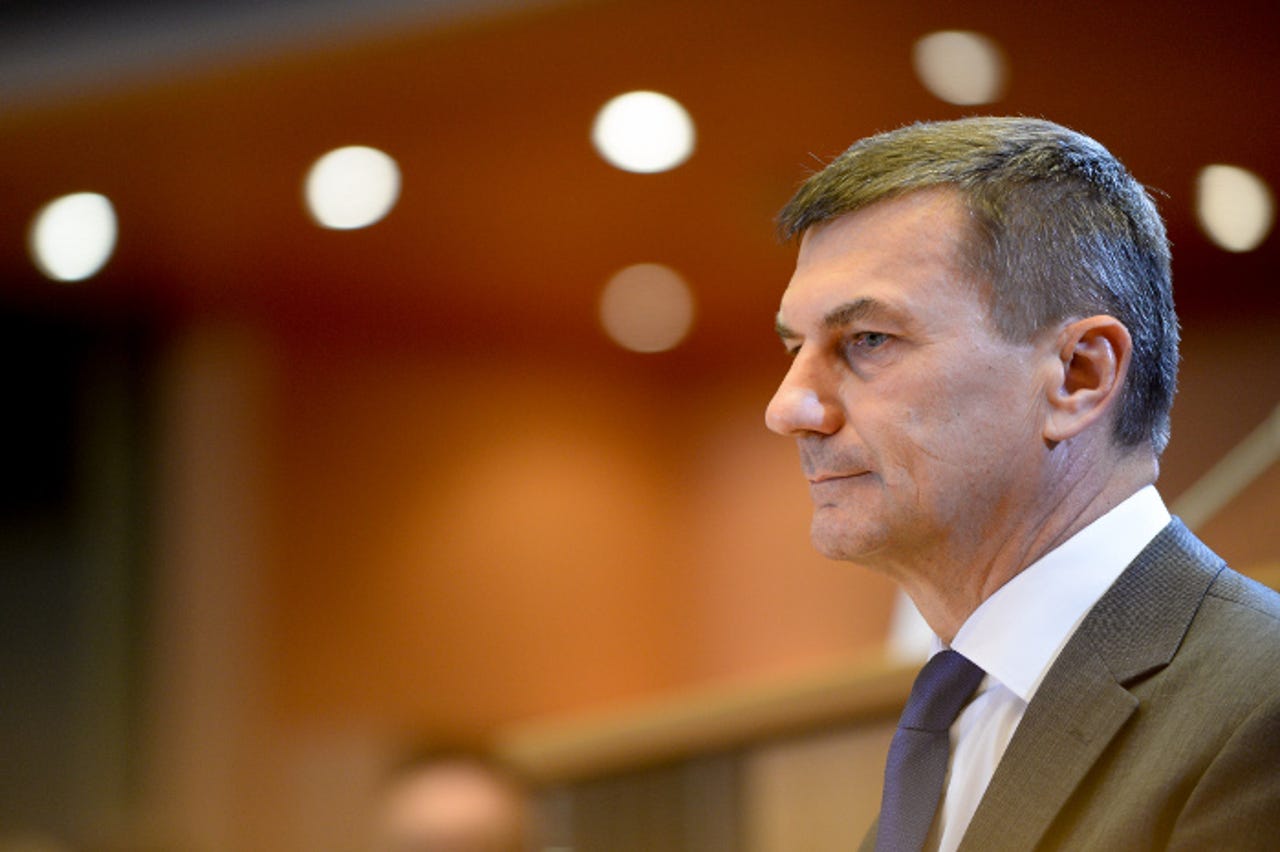With new chiefs steering Europe's digital destiny, can the vision for a single telecoms market survive?


With a loud and clear reminder that negotiations have not yet started between the European Council and the European Parliament, at this week's GSMA Mobile 360 conference in Brussels Ansip urged EU ministers to "intensify and complete the technical discussions so that these negotiations can start as soon as possible" for fear that momentum will be lost if agreements are not made in the coming months.
Ansip has been pushing a holistic approach to Europe's telecoms market since he joined the European Commission this September. With the benefits of a digital single market estimated at €260bn a year, as well as hundreds of thousands of new jobs , the development of a single telecoms market underpins its potential success.
Read this
Calling for "more ambition" - defined as breaking down barriers between national telecoms markets - he reiterated that "spectrum, net neutrality rules and roaming" issues were of the utmost importance, with spectrum being the "key raw material" for the digital single market. Pushing for an end to geo-blocking and the reforming of copyright rules are also at the top of the agenda.
The package is intended to increase choice, because operators can provide services on a pan-European basis, and improve telecoms services for consumers through an end to roaming charges which, said Ansip, "give telecoms companies a bad name with their own customers".
With 47 percent of EU citizens now shopping online (meaning the target of 50 percent by 2015 is likely to be met) and 100 percent of Europeans now having access to broadband, the economic impact of the e-commerce take-up cannot be felt across Europe until its 28 borders - and varying rules from data protection to tax rates - no longer complicate and fragment the single market.
EU data shows that only 14 percent of SMEs with fewer than 250 employees are selling online and just 12 percent of European consumers shop across borders. Improving these statistics is imperative yet, as Ansip himself admitted at the conference, is "technically and politically difficult" and "operationally demanding". Internet innovation is about speed and scale, said Ansip, and if a company can't get it then it won't survive - yet in Europe companies can't get that scale due to its national borders.
Despite the enormity of the challenge ahead, the digital agenda is in good hands, according to Jerzy Buzek, chair of parliament's industry, research and energy committee. He has faith in a new college of commissioners, inlcuding Ansip, the former prime minister of Estonia; Günther Oettinger, the new Commissioner-designate for digital economy and society; and EC president Jean-Claude Juncker. These experienced leaders, he wrote in The Parliament Magazine, will have a "more horizontal structure, a more holistic approach" and a "more digital touch".
Ansip brings with him a legacy of successful national digital implementations. He served as mayor of Tartu, the first city in the world to introduce paying for parking via mobile phone. He has also, as he said himself, "had the opportunity to be at the forefront of a digital transformation of a country, which today excels in multiple areas of e-government, safe and secure private and public digital solutions, and which takes cybersecurity and data protection seriously".
The Estonians now use a microchipped national identity card to access around 4,000 services securely. Ansip said Estonia's wide technological uptake saves the economy a whole working week every year. Operating systems electronically, from banking to taxes and even internet voting (since 2005), 'e-Estonia' is so respected for its cybersecurity prowess that the country's Information System Authority (RAI) recently signed an agreement with the US government to enhance the cybersecurity in countries of Central and South America.
Ansip said that "consumer trust is fundamental to the digital single market" and that "security underpins trust in the internet". Coming from a country where its population has thrived electronically, Ansip is well placed to help deliver Juncker's vision of digital single market that unlocks 500 million potential consumers for new digital services .
The question now is how long will it take, and whether Ansip's efforts to sustain momentum will result in the European Council starting negotiations for a single telecoms market with the European Parliament in 2015.
Read more on this story